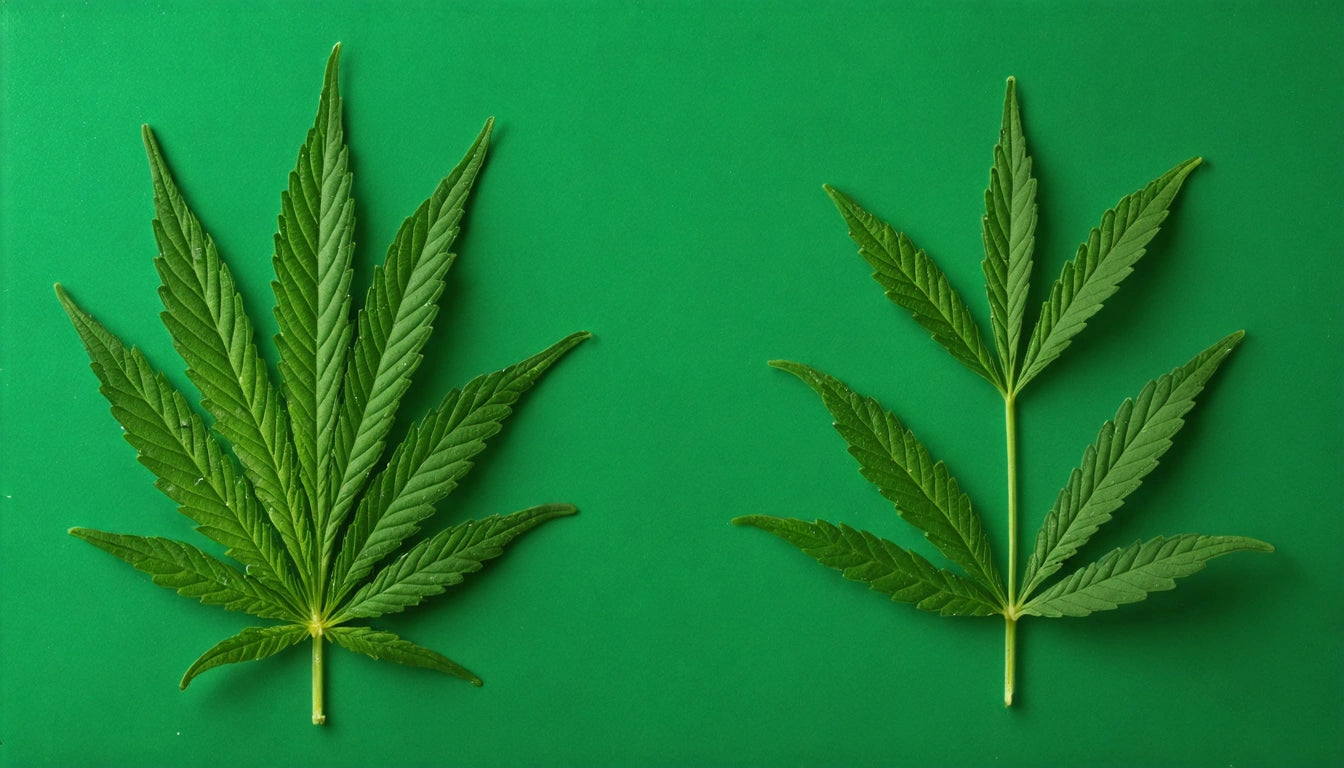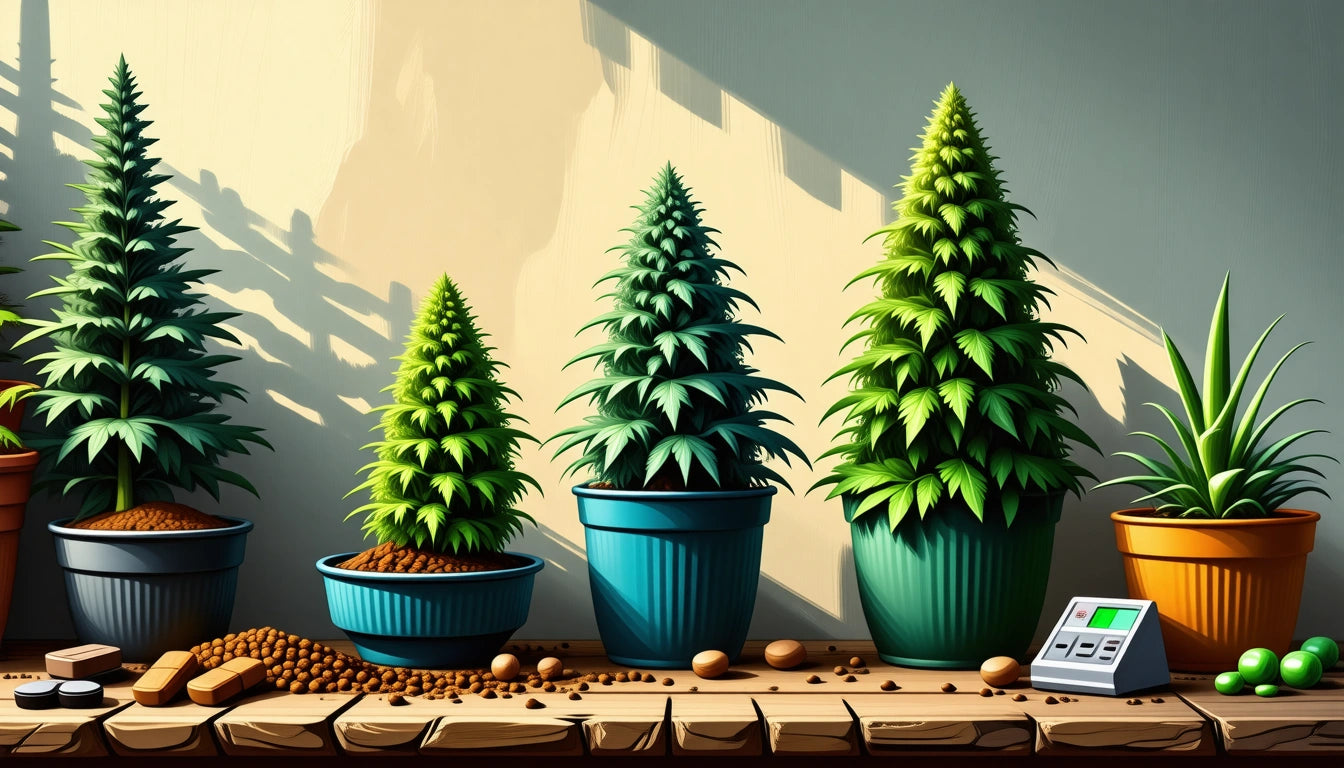Table of Contents
- What is Greening Out? Understanding the Cannabis Overconsumption Response
- Edibles vs. Smoking: Different Pathways to Greening Out
- Can You Green Out on CBD? Separating Fact from Fiction
- Health Risks of Greening Out: Debunking the Death Myth
- Does Greening Out Cause Brain Damage? The Science Explained
- Prevention and Management Strategies for Cannabis Consumers
- Recovery Solutions and Future Considerations for Cannabis Safety
Understanding Greening Out: Risks, Effects, and Myths Debunked
Cannabis consumption has become increasingly mainstream, but with growing accessibility comes the need for education about potential adverse reactions. "Greening out" is a term used to describe the uncomfortable experience that can occur when consuming too much cannabis too quickly. This comprehensive guide addresses common questions and misconceptions about greening out, including whether it can happen with edibles or CBD, and if it poses serious health risks.
What is Greening Out? Understanding the Cannabis Overconsumption Response
Greening out refers to the physical and psychological discomfort that occurs from cannabis overconsumption. The experience typically includes symptoms such as dizziness, nausea, anxiety, paranoia, increased heart rate, and in some cases, vomiting or temporary loss of consciousness. While extremely unpleasant, understanding greening out is essential for responsible cannabis use.
The primary cause of greening out is consuming more THC (tetrahydrocannabinol) than your body can comfortably process. Individual tolerance levels vary significantly based on factors including:
- Previous cannabis experience
- Body weight and metabolism
- Hydration and food intake
- Consumption method
- Concurrent use of other substances
Edibles vs. Smoking: Different Pathways to Greening Out
The question "can you green out from edibles" is common among cannabis consumers. The answer is a definitive yes, and in fact, edibles present a higher risk of greening out compared to smoking or vaping. This increased risk stems from several factors unique to edible consumption.
When cannabis is ingested orally, THC is metabolized by the liver into 11-hydroxy-THC, which is more potent and has a longer duration than standard Delta-9 THC. Additionally, the delayed onset of effects (typically 30-90 minutes) often leads to impatient users consuming more before the initial dose takes effect.
According to research on edible consumption risks, the effects of edibles can last 6-8 hours, significantly longer than the 1-3 hours typical of inhaled cannabis. This extended duration can make a greening out experience particularly distressing.
Can You Green Out on CBD? Separating Fact from Fiction
Many consumers wonder, "can you green out on CBD?" Pure CBD products with no THC content are extremely unlikely to cause a traditional greening out experience. CBD (cannabidiol) does not produce the intoxicating effects associated with THC and typically doesn't trigger the anxiety, paranoia, and physical discomfort characteristic of greening out.
However, some important caveats exist:
- Full-spectrum CBD products contain trace amounts of THC (up to 0.3%), which in very large quantities could potentially contribute to mild discomfort
- Some individuals experience sensitivity to CBD, resulting in side effects like fatigue, reduced appetite, or gastrointestinal discomfort
- Mislabeled products claiming to be CBD-only may contain significant THC levels
Health Risks of Greening Out: Debunking the Death Myth
Questions like "can you die from greening out" or "can greening out kill you" reflect common anxieties, especially among those experiencing cannabis overconsumption. The scientific consensus is clear: there are no documented cases of death directly resulting from cannabis toxicity alone.
Unlike alcohol or opioids, cannabis does not depress respiratory function to lethal levels. The endocannabinoid receptors that THC affects are not present in brainstem areas controlling respiration, which explains why cannabis overdose doesn't cause respiratory arrest.
That said, greening out can pose indirect risks:
- Temporary impairment could lead to accidents or injuries
- Severe anxiety or panic may exacerbate existing cardiac conditions
- Vomiting while extremely impaired could potentially lead to aspiration
Responsible storage is crucial for preventing accidental consumption, particularly by children. Our selection of child-resistant packaging options provides an essential safety barrier for households where cannabis products are present.
Does Greening Out Cause Brain Damage? The Science Explained
Another common concern is whether greening out can cause brain damage. Current scientific evidence does not support the claim that occasional cannabis use or isolated incidents of overconsumption cause structural brain damage in adults.
While some studies suggest potential impacts on brain development in adolescents who use cannabis regularly, these findings don't indicate that a single episode of greening out causes permanent brain damage. The temporary cognitive effects experienced during greening out typically resolve completely as the cannabinoids are metabolized and eliminated from the body.
It's worth noting that products marketed to rapidly clear cannabinoids from the system, like Green Gone, may help with detoxification but don't prevent or treat the acute symptoms of greening out once they've begun.
Prevention and Management Strategies for Cannabis Consumers
Preventing a green out experience is far preferable to managing one after it begins. Effective prevention strategies include:
- Start with low doses and increase gradually ("start low, go slow")
- Wait at least 2 hours before consuming more edibles
- Track your consumption carefully
- Avoid mixing cannabis with alcohol or other substances
- Consider the environment and your mental state before consuming
- Have experienced friends present when trying new products or methods
If greening out does occur, management approaches include:
- Finding a quiet, comfortable space
- Staying hydrated with water
- Using black pepper (contains terpenes that may counteract THC effects)
- Focusing on slow, deep breathing
- Reminding yourself the effects are temporary and will pass
Recovery Solutions and Future Considerations for Cannabis Safety
The cannabis industry continues to evolve with safety innovations that may help reduce greening out incidents. These include more precise dosing mechanisms, improved consumer education, and the development of formulations with balanced cannabinoid profiles.
For those concerned about how long greening out lasts, recovery typically occurs within 6-12 hours, though residual effects may linger for up to 24 hours, particularly with high-dose edibles. During this recovery period, focus on rest, hydration, and light, easily digestible foods.
As cannabis regulations mature, we can expect to see more standardized dosing guidelines, improved product labeling, and potentially the development of medications specifically designed to counteract THC overconsumption. Until then, education, moderation, and proper storage remain the best defenses against unwanted greening out experiences.











Leave a comment
All comments are moderated before being published.
This site is protected by hCaptcha and the hCaptcha Privacy Policy and Terms of Service apply.